Coordinating Development Work to Benefit People in Chad
The Chadian provinces of Kanem and Barh el Gazel are receiving particular attention from Alliance Sahel members, who are working with local authorities to develop the Integrated Territorial Approach. The aim is to better coordinate development stakeholders and respond more appropriately to the priorities of local communities. Testimonials from the field.
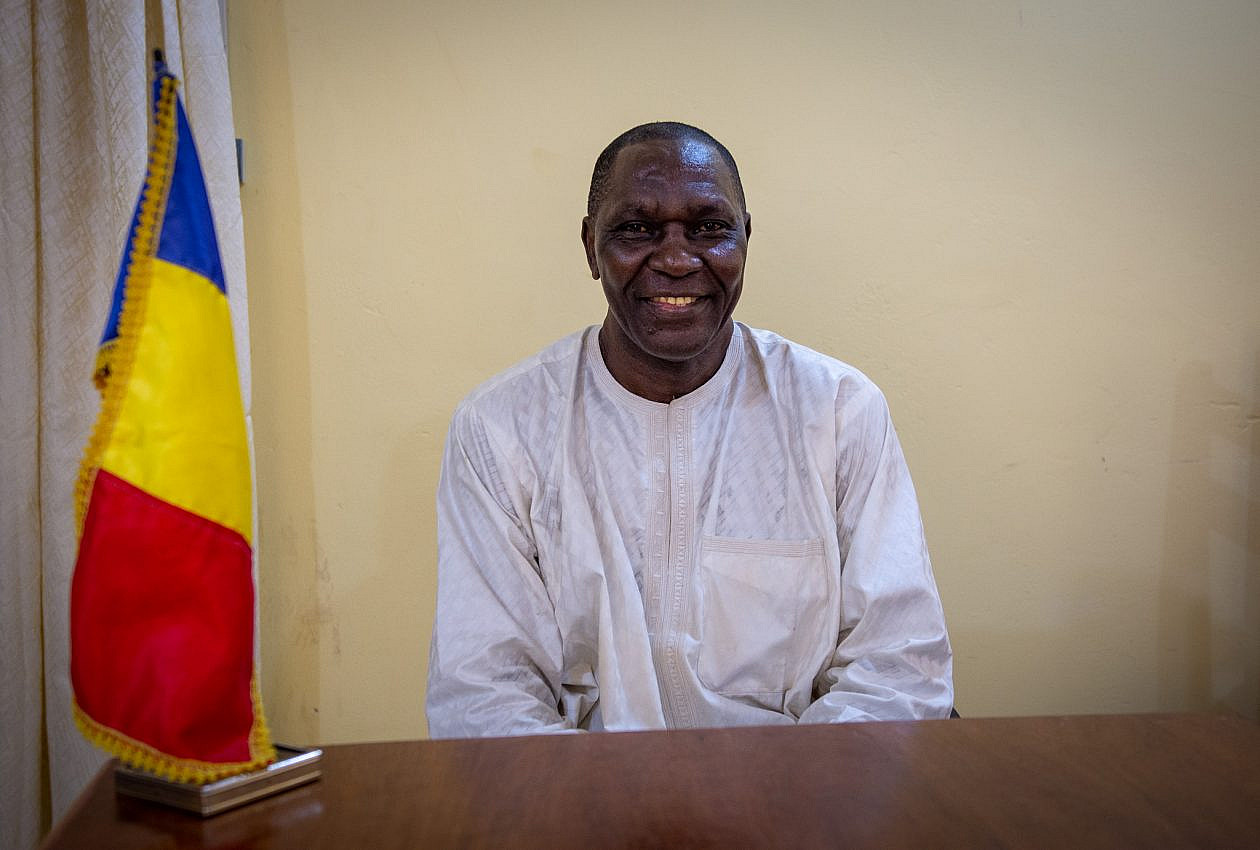
Abba Saradingar, Secretary General of Barh el Gazel Province, attends monthly meetings of the Provincial Action Committee (PAC), a key mechanism for developing and implementing local development priorities:
The provincial action committee is a body created for development that is not limited to administrative authorities. The Governor of the province is its Chairman. The Chairman is supported by development managers, around fifteen delegates and members in charge of safety. The CPA also includes representatives of traditional authorities, traders, religious authorities, women, young people and NGOs.”
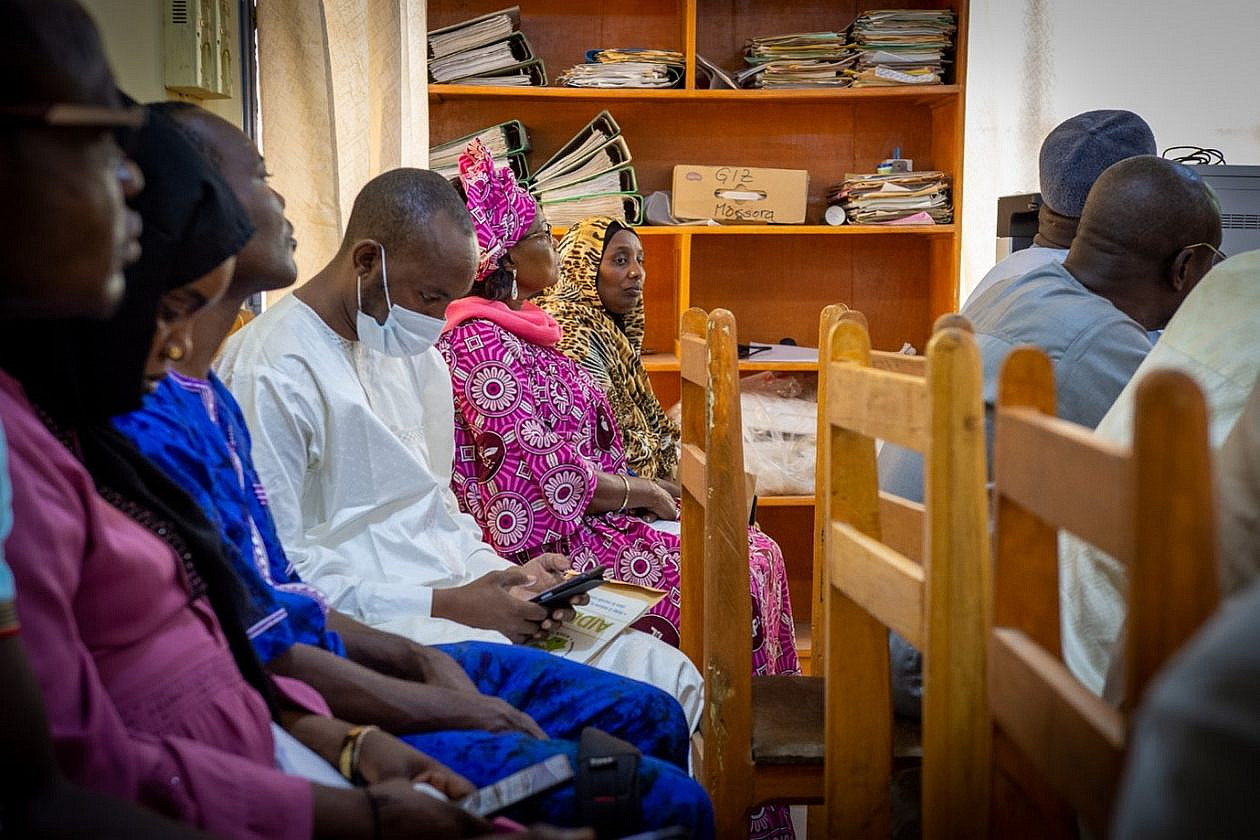

We put particular emphasis on peaceful cohabitation, which is extremely important to us. The administrative authorities, those in charge of security, traditional chiefs and the general population are all working together in the same direction. We are putting into practice the instructions of the highest authorities in N’Djaména.”

Adeline Cartier is the coordinator of the PAMELOT project, in particular in the Kanem and Barh el Gazel provinces. This German-funded project supports the implementation of the Integrated Territorial Approach:
Taking Local Development Plans (LDPs) into account helps us to better understand the context. The actions listed in the brochure correspond to what the population actually wants. The Integrated Territorial Approach enables stakeholders to own and refine their strategic priorities, so as to disseminate them more effectively. It also enables us to structure our implementation more effectively, to coordinate the stakeholders involved so that there is greater complementarity between interventions and, above all, to “compile” our activities for a global overview.”
I’ve noticed that over the past year and a half, there has been a lot more collaboration, and this is tangible in the field. There’s also been a change in attitude on the part of the authorities. They help a lot and are more satisfied with the results, because things that weren’t in line with their priorities are no longer “imposed” on them. In the provinces that have experimented with the integrated territorial approach, we can see that progress is being made on the ground. There’s still a huge amount to be achieved, and it’s important to measure our joint progress as we go along, to encourage us to continue in this direction.”
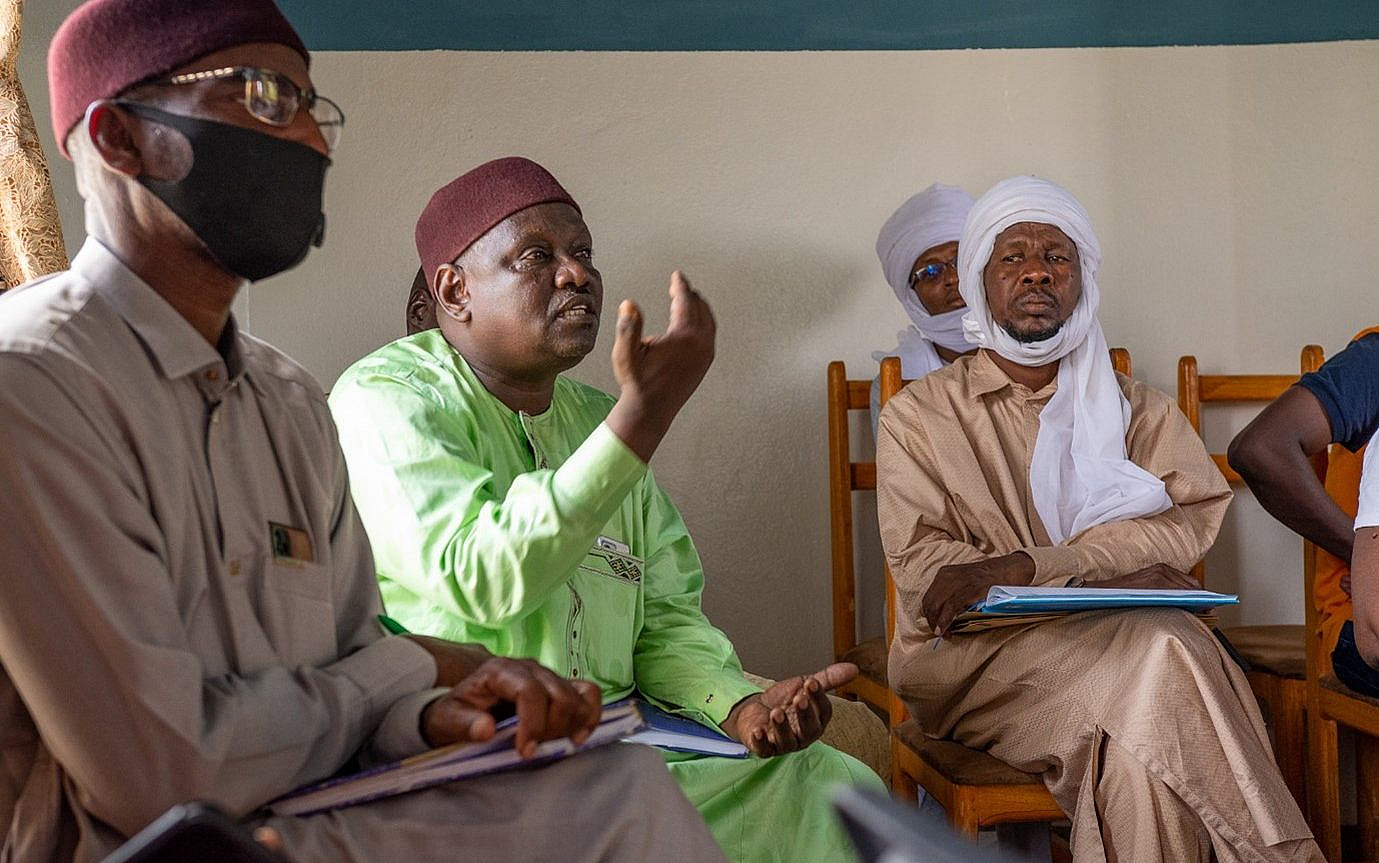
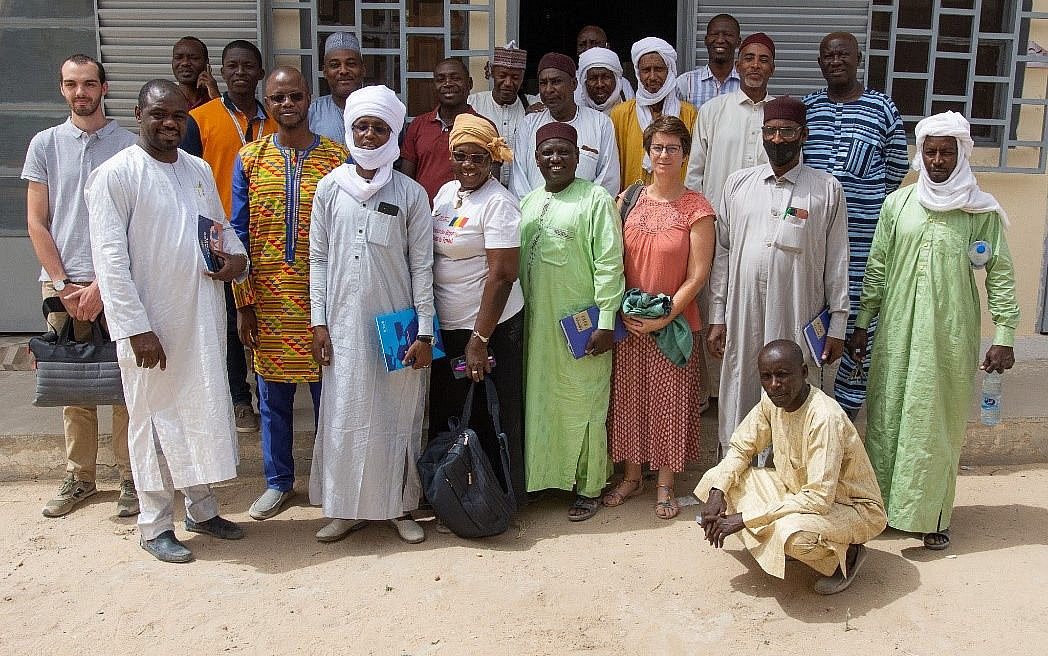
We help municipalities or Provincial Action Committees to prioritise a few crucial aspects of their development plans. We support them in establishing contact with funders. This is perhaps where the greatest difficulty lies. On the one hand, there are donors and NGOs with their own perceptions and interests, and on the other hand, there are the local populations who have expressed their needs through their local municipalities. Sometimes it can be difficult to reconcile different priorities.”
The Crucial Consideration of Women’s Opinions
Fatime Mahamat Nour is President of the Barh el Gazel women’s platform. She is involved in the provincial action committee, representing the voice of women’s organisations:
Coordination between NGOs, the State and the women’s platform helps to better target actions for women. Most of these women are widows or single. Husbands have left home to go and work in risky areas, such as gold-panning sites in Libya.”
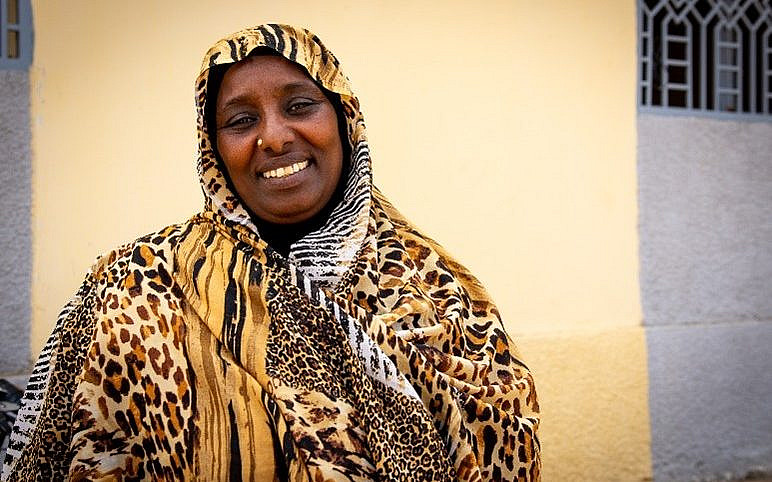
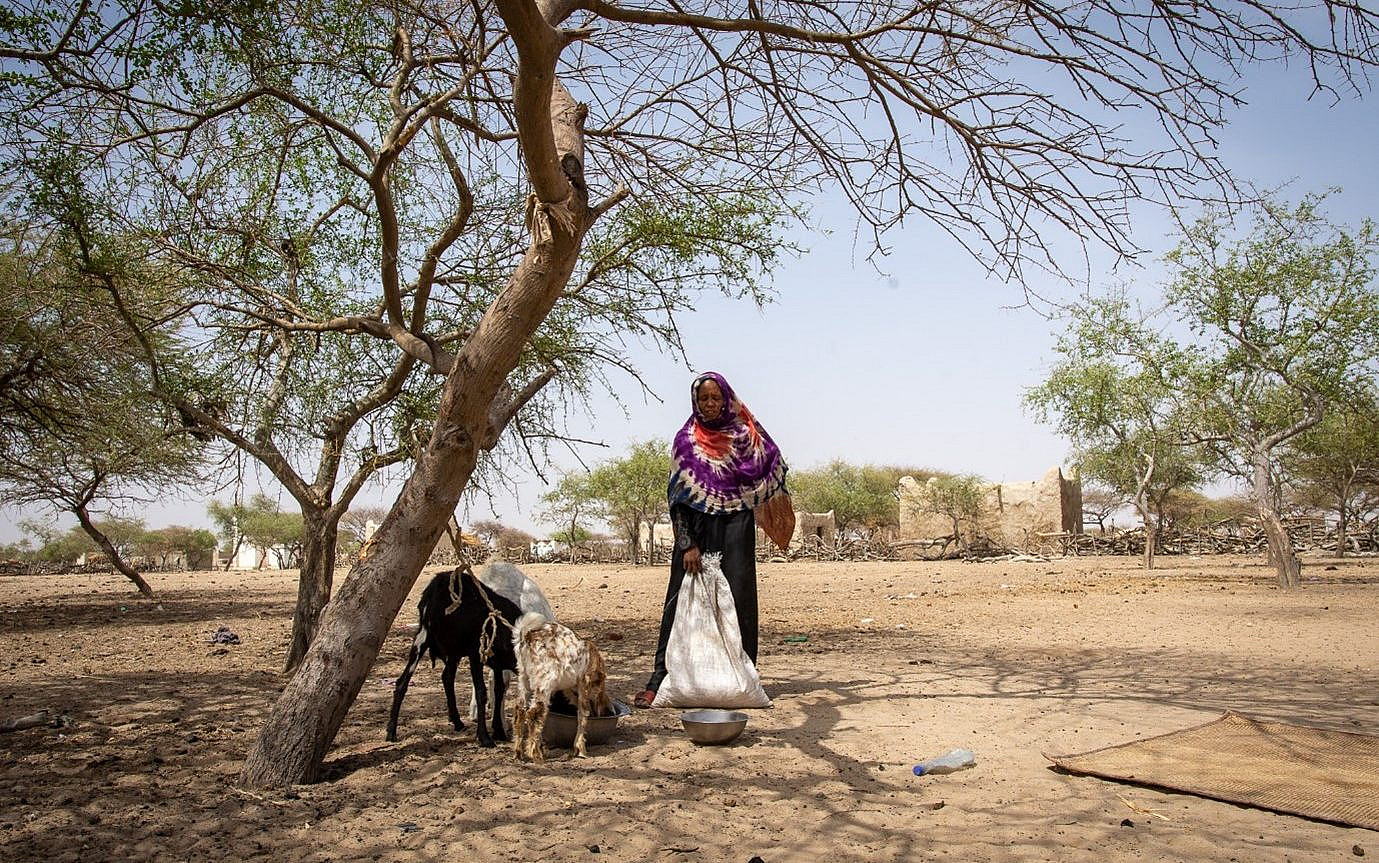
These women have no means of their own, and are forced to turn to NGOs and the State for funding. These do not cover all needs, because they are extremely varied. With the Integrated Territorial Approach (ITA), actions are coordinated from the outset. Our actions are carried out in a much more structured way. When we meet at the platform or with the CPA, we share information and ideas for development, and therefore for living together and peaceful cohabitation.”

Paul Marie Kere coordinates the French-funded DETEKANEM project for the NGO Action contre la Faim. This project, comprised in the Integrated Territorial Approach dynamic, has a major component dedicated to food security issues:
Agricultural production is very low in the region due to environmental factors, but also to the lack of production. Many households are vulnerable because they have no access to land. The Sahel zones are disadvantaged in terms of rainfall and production is low. These factors combine to make it difficult for households to ensure food security.”
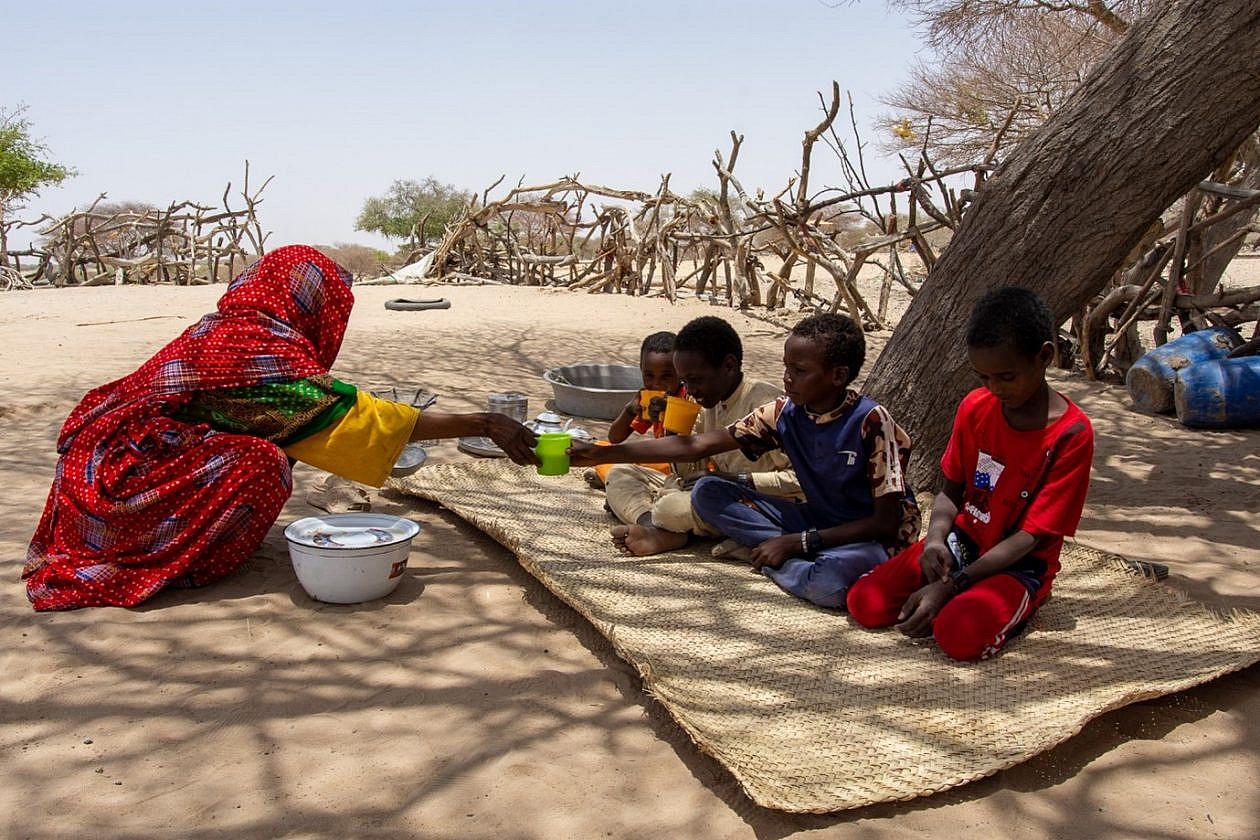
We support communities in agricultural, livestock and income-generating projects. The philosophy behind the project is that households themselves should be the driving force behind their own development. To achieve this, we first need to establish good governance, with actions on awareness-raising, outreach on social cohesion, living together and gender. Once governance is well established, we can embark on development projects. We do this according to the local master plan, which is the compass we use to drive the local economy. We achieve this by first supporting the provinces, municipalities and sub-prefectures with local development plans. Once these plans have been finalised, the project enables communities to apply for grants to carry out these development plans themselves.”
The Central Role of Local Authorities
Communal authorities play a crucial role in coordinating decentralised development priorities. Local representatives are in close touch with citizens’ issues, as illustrated by the testimony of the mayor of Moussoro:


The development project is designed at local level first, and the partners consult us to contribute to the project and support its implementation according to their specific needs. We take care to guide donors within the framework of the CPA, so that there is no overlap of the support provided at the field level. Local authorities play a role on several levels. First, at local level: elected representatives are accountable to the people who elected them. It is a commitment, a promise, to which we must respond. If I do not go through with my commitments, it means that at the end of the year I would have personally failed, which is why I have to fulfil them. When I have difficulties, I have to bring people together to explain the situation.”
Go further

